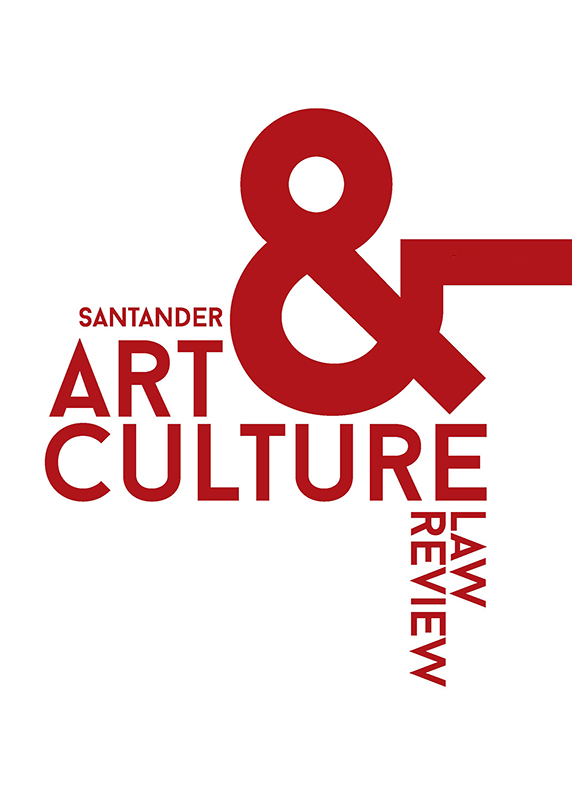Wyzysk (art. 388 Kodeksu cywilnego) w polskim prawie prywatnym a obrót dziełami sztuki
Exploitation (Article 388 of the Polish Civil Code) in Polish private law and the sale of works of art
Author(s): Jan Andrzejewski, Wojciech SzafrańskiSubject(s): Law, Constitution, Jurisprudence, Museology & Heritage Studies
Published by: Wydawnictwo Uniwersytetu Jagiellońskiego
Keywords: exploitation; the art market; sales of art works; gross non-equivalence in experience
Summary/Abstract: In the Polish legal model, as enshrined under Article 388 of the Polish Civil Code, exploitation may be called upon only when three main factors have been inclusively fulfilled: at the moment an agreement was concluded between the services of the contracting parties there existed a gross disproportion (an objective factor); the party concluded the agreement being in a coerced position, in a state of disability or inexperience (a subjective factor on the side of the aggrieved party); the second party took advantage of the above mentioned circumstances (a subjective factor on the side of the aggrieving party). The regulation of Article 388 of the Polish Civil Code protects the aggrieved party in an illusory manner, while the person touched by the exploitation will have immense difficulty in affecting the agreement concluded, in particular if the subject of this is a work of art. The illusiveness results mainly from the fact that the awareness on the part of both parties to the contract of the ease with which the exploiter can avoid any negative consequences whatsoever through the uniqueness of the mechanisms functioning in the sales of works of art such as the asymmetry of information within the art market and the privileged position, given the said, of the intermediary, the culture of the market, the specific nature of works of art and its evaluation through the significant input played by an expert.
Journal: Santander Art and Culture Law Review
- Issue Year: 2/2016
- Issue No: 1
- Page Range: 103-134
- Page Count: 32
- Language: Polish

